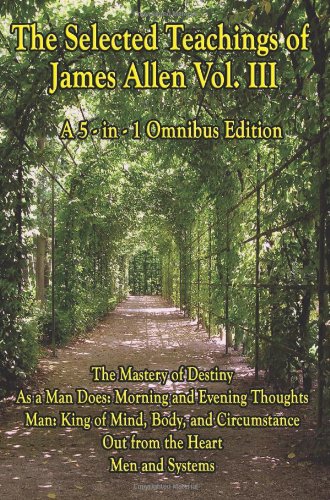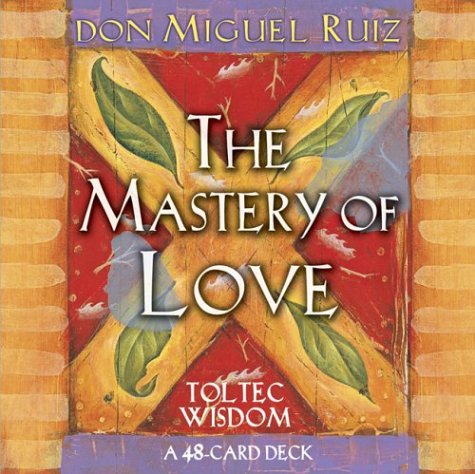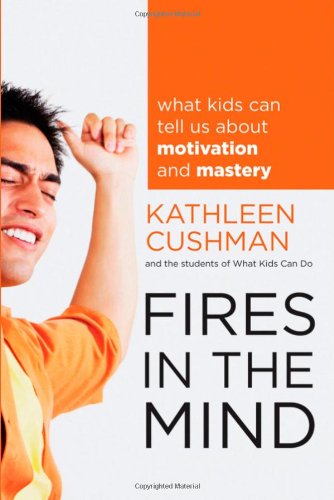
Teens talk to adults about how they develop motivation and mastery
Through the voices of students themselves, Fires in the Mind brings a game-changing question to teachers of adolescents: What does it take to get really good at something? Starting with what they already know and do well, teenagers from widely diverse backgrounds join a cutting-edge dialogue with adults about the development of mastery in and out of school. Their insights frame motivation, practice, and academic challenge in a new light that galvanizes more powerful learning for all. To put these students’ ideas into practice, the book also includes practical tips for educators. Breaks new ground by bringing youth voices to a timely topic-motivation and masteryIncludes worksheets, tips, and discussion guides that help put the book’s ideas into practiceAuthor has 18 previous books on adolescent learning and has written for the New York Times Magazine, Educational Leadership, and American Educator
From the acclaimed author of Fires in the Bathroom, this is the next-step book that pushes the conversation to next level, as teenagers tackle the pressing challenges of motivation and mastery.Through the voices of students themselves, Fires in the Mind brings a game-changing question to teachers of adolescents: What does it take to get really good at something? Starting with what they already know and do well, teenagers from widely diverse backgrounds join a cutting-edge dialogue with adults about the development of mastery in and out of school. Their insights frame motivation, practice, and academic challenge in a new light that galvanizes more powerful learning for all. To put these students’ ideas into practice, the book also includes practical tips for educators. Breaks new ground by bringing youth voices to a timely topic-motivation and mastery Includes worksheets, tips, and discussion guides that help put the book’s ideas into practice Author has 18 previous books on adolescent learning and has written for the New York Times Magazine, Educational Leadership, and American Educator
From the author of Fires in the Bathroom, this is the next-step book that pushes the conversation to next level, as teenagers tackle the pressing challenges of motivation and mastery.
Amazon Exclusive: Q&A with Author Kathleen Cushman
 Why ask teenagers about what it takes to get really good at something?
Why ask teenagers about what it takes to get really good at something?
Adolescents already know far more than we give them credit for! They’re learning all the time — from each other, from the media, from the activities that most absorb them, and from their different roles in the family and close-in social networks. We adults tend to think of ourselves as the teachers, but then we look for a kid to help set up our smart-phone! So thinking together about “how to get good” made sense to me — especially in schools. It changes that feeling of “us and them” that can polarize students and teachers. Instead, our Practice Project put us all on the same journey of learning from each other. What did kids gain from thinking about their own learning in this way?
It turned a light on in their minds about what they were doing in school. Suddenly they had new and effective ways to give feedback to teachers about what helped them learn. Instead of taking a passive or resentful stance, like “this is boring” or “this is too hard,” they could critique actual practices that didn’t work — such as giving the same homework to all students regardless of what individual kids needed to work on. At the same time, kids also saw how certain classroom strategies (such as researching different perspectives, or collaborative learning) matched the process that real experts used. Kids told me they felt a growing sense of mutual respect for their teachers, especially if the teacher joined their inquiry into “getting good.” What tips can you give parents and teachers to help motivate students?
It’s important to help kids stick with practice even when they get frustrated. Three key tips for adults to remember: Kids want to try things that give them an emotional boost. Maybe a challenge looks like fun because they can do it with other people they care about – their friends, or an older person that they admire. Or maybe the boost comes from the task itself: a puzzle to solve, a learning game. Either way, something in their mind lights up at the pleasure and satisfaction they anticipate ahead. Kids won’t do something if they expect to be humiliated. That means we need to set tasks at just the right challenge level—not too easy, not too hard. And it also means warm encouragement — honoring mistakes as a key part of learning, and recognizing every small step done well. Kids rise to excellence when they see it. It’s really important for young people to witness people doing things well in the real world. Take them to watch and ask questions of community experts in all kinds of fields, and arrange meaningful ways (like internships or job shadowing) that they can learn in the company of adults. How do you find the students you work with?
I have access to a far-reaching network of students and teachers through What Kids Can Do, Inc., the nonprofit that sponsored the Practice Project with support from MetLife Foundation. I looked for very diverse groups of young people with a supportive adult who was willing to bring them together for our sustained conversations. All in all, I interviewed more than 160 kids, in 17 schools in nine cities or towns around the United States: Chicago, Illinois, where I worked with eleventh graders at the Academy of Communications and Technology Charter School, students at Westside Alternative High School, and a ninth grade reading and writing class at Prosser Career Academy High School. Long Beach, California, where I worked at Woodrow Wilson High School with 40 members of a leadership club for young male students of color. Rural Maine, where students integrated our inquiry into their senior projects at Poland Regional High School. New York City (my home town), where I worked with students at Young Women’s Leadership School of East Harlem, the Queens High School of Teaching, the Isaac Newton Middle School for Math and Science, the Clinton School for Artists and Writers, East Side Community School, and Citizen Schools. Providence, Rhode Island, where I interviewed youth who played in a string quartet at Community MusicWorks, a neighborhood organization. San Antonio, Texas, where students from the internship program at the International School of the Americas joined our project. San Diego, Oakland, and Mill Valley, California, where I interviewed students from (respectively) High Tech High, Youth Radio, and the Conservatory Theatre Ensemble at Tamalpais High School.
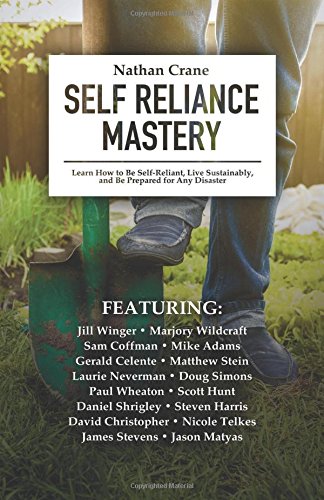

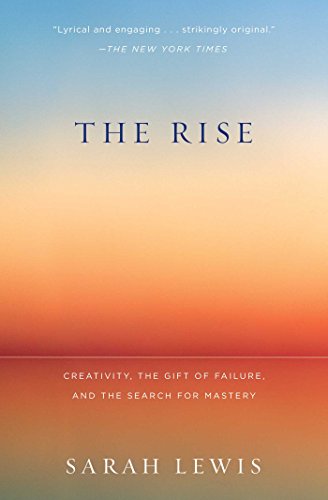
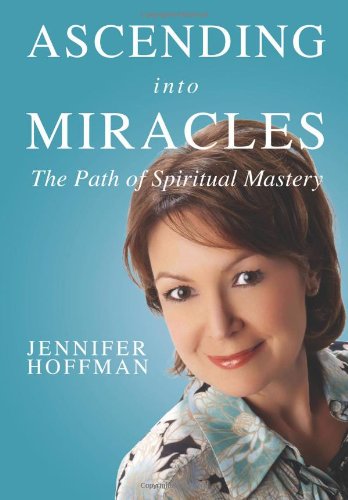

 Why ask teenagers about what it takes to get really good at something?
Why ask teenagers about what it takes to get really good at something?